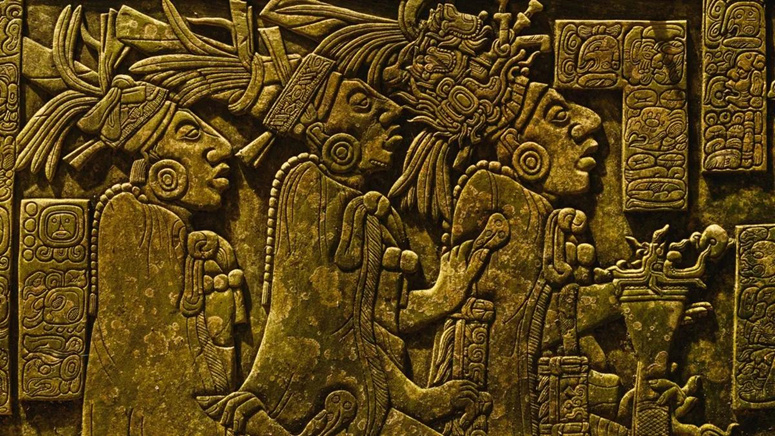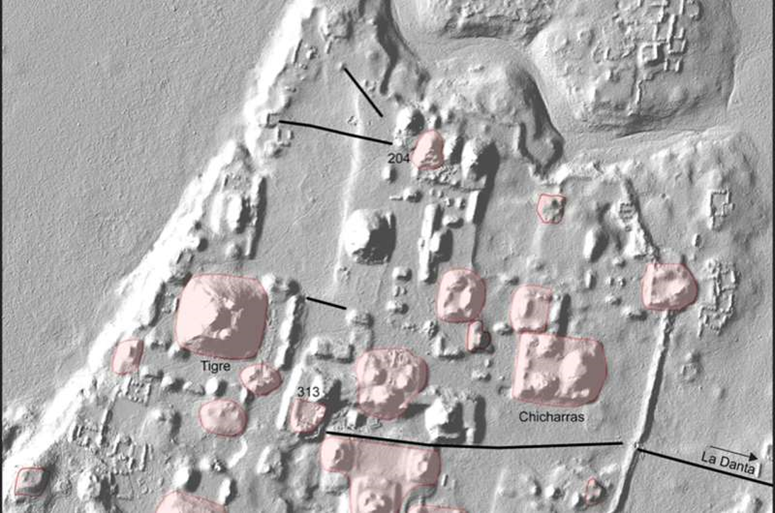2000years old...the discovery of a “buried kingdom” of the Mayan civilization that includes playgrounds and pyramids

A team of scientists has discovered a large and very ancient 2,000-year-old Maya civilization in northern Guatemala, according to a research paper published in the journal Ancient Mesoamerica.
The team, affiliated with multiple institutions in the United States, with the participation of a researcher from France and another from Guatemala, indicated that they were able to find this discovery thanks to conducting a survey of the area using LiDAR technology.

LiDAR technology is known as a detection system similar to radar, but it relies on laser light instead of audio signals. In recent years, it has been used to scan parts of dense tropical rainforests for signs of ancient civilizations. The lasers used in such systems are able to penetrate plant canopies above rainforests, revealing what is on the ground beneath them.
In the new work, the scientific team flew over parts of Guatemala as part of a mapping effort, when they came across what they describe as a vast ancient Mayan civilization.

Upon studying their maps, they were able to see that the ancient civilization was made up of more than 1,000 settlements covering about 650 square miles, most of them connected by multiple bridges.
Scientists were also able to determine that these settlements were crowded with residents, , a finding that contradicts theories suggesting that early settlements in Mesoamerica tended to be sparsely populated.

The bridges added up to 110 miles of traversable trails, making it relatively easy for people of the civilization to visit other settlements.
The team noted that the road network allows collective labor efforts. They also found evidence of platforms and large pyramids in some settlements, some of which served as central hubs of work, entertainment and politics.
They also noted that some of the settlements had playing fields that previous research showed were used to play a variety of local sports in the area.
Source: websites

